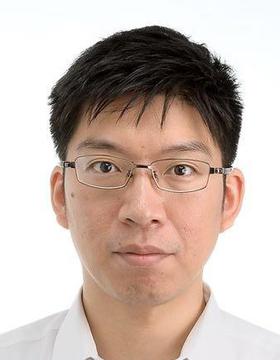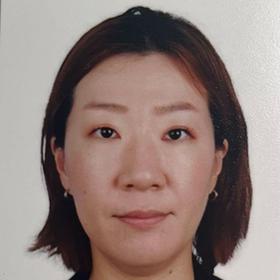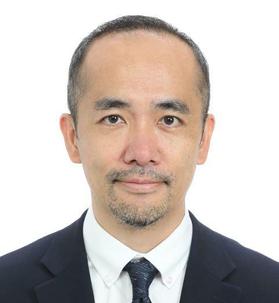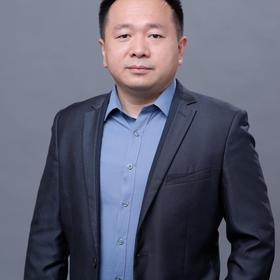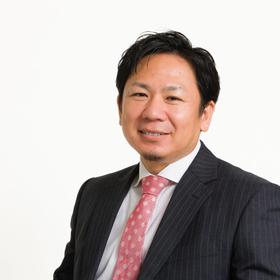Many of Asian countries are rapidly developing now and are expected to grow in the future. It is essential to ensure a stable energy supply to meet the rapidly growing energy demand. AZEC (Asia Zero Emission Community) is a Platform for cooperation towards carbon neutrality/net-zero emissions in the Asia region, involving partner countries from 11 nations (Australia, Brunei Darussalam, Cambodia, Indonesia, Japan, Lao PDR, Malaysia, Philippines, Singapore, Thailand, and Viet Nam). At the 2nd AZEC Leaders Meeting held in Laos on October 2024, the leaders of the AZEC partner countries adopted on the AZEC Leaders’ Joint Statement, including the Action Plan for the Next Decade. The joint statement states that AZEC partner countries’ collective focus will be on fostering a favorable business environment through policy development and coordination as appropriate, aligning decarbonization efforts with sustainable economic growth in Asia, while promoting tangible projects to support the energy transitions, in line with AZEC partner countries’ respective transition pathways. In addition, AZEC aim to promote an “Action Plan for the Next Decade” based on three pillars, creating a positive cycle that encourages decarbonization in partner countries. To promote cooperation under the AZEC platform, it is important to recognize each country’s unique circumstances, existing targets or policies and developmental challenges. On the other hands, AZEC is not only discussing principles and policies. Not only through intergovernmental dialogue, but also with the participation of private enterprises, it is working on tangible projects by accelerating cooperation in technology, finance, and capacity building. This session aims to explore the challenges of advancing specific projects while allowing various companies to share their progress on these initiatives, all from the perspectives of Technological Innovation, Regional Power Trade & Market Integration, Energy Efficiency, and Private Sector Partnerships and Financing.
AGENDA
9:00 - 9:10 a.m.
Opening Remarks: Introduction to AZEC
Overview of AZEC's initiatives, basic policies, and current status (MOU) and Advocacy Group
Yuki Nakagawa, Deputy Director, International Affairs Division, Agency for Natural Resource and Energy, Ministry of Economy, Trade and Industry
9:10 - 9:20 a.m.
Status of Initiatives: Introduction of Industrial Parks
Onishi Katsuhiko, Team Leader, Team 3, Industrial Park Unit, Sumitomo Corporation
9:20 - 9:30 a.m.
Status of Initiatives: Introduction of Ammonia Co-Firing
Mio Okazaki, General Manager, Planning & Development, IHI Power System Malaysia Sdn Bhd
9:30 - 9:40 a.m.
Status of Initiatives: Energy Efficiency in Thailand
Ryuta Suzuki, Director General, New Energy and Power Finance Department II, JBIC
9:40 - 9:50 a.m.
Discussion on Necessary Support for Advancing Initiatives
Onishi Katsuhiko, Sumitomo Corporation
Mio Okazaki, IHI Power System Malaysia Sdn Bhd
Ryuta Suzuki, Director General, New Energy and Power Finance Department II, JBIC
9:50 - 10:00 a.m.
Private Organizations Initiatives: Introduction of Initiatives at ERIA
Yanfei Li, Research Fellow, Economic Research Institute for ASEAN and East Asia
10:00 - 10:10 a.m.
Introduction of the Challenges and Initiatives Necessary to Promote Financing in Private Enterprises
Hiroshi Sagawa, Chief Representative in Manila, JBIC
10:10 - 10:30 a.m.
Discussion on Necessary Actions for Advancing Initiatives
Yanfei Li, Economic Research Institute for ASEAN and East Asia
Junkyu Lee, Director, Finance, ADB
Hiroshi Sagawa, Chief Representative in Manila, JBIC


